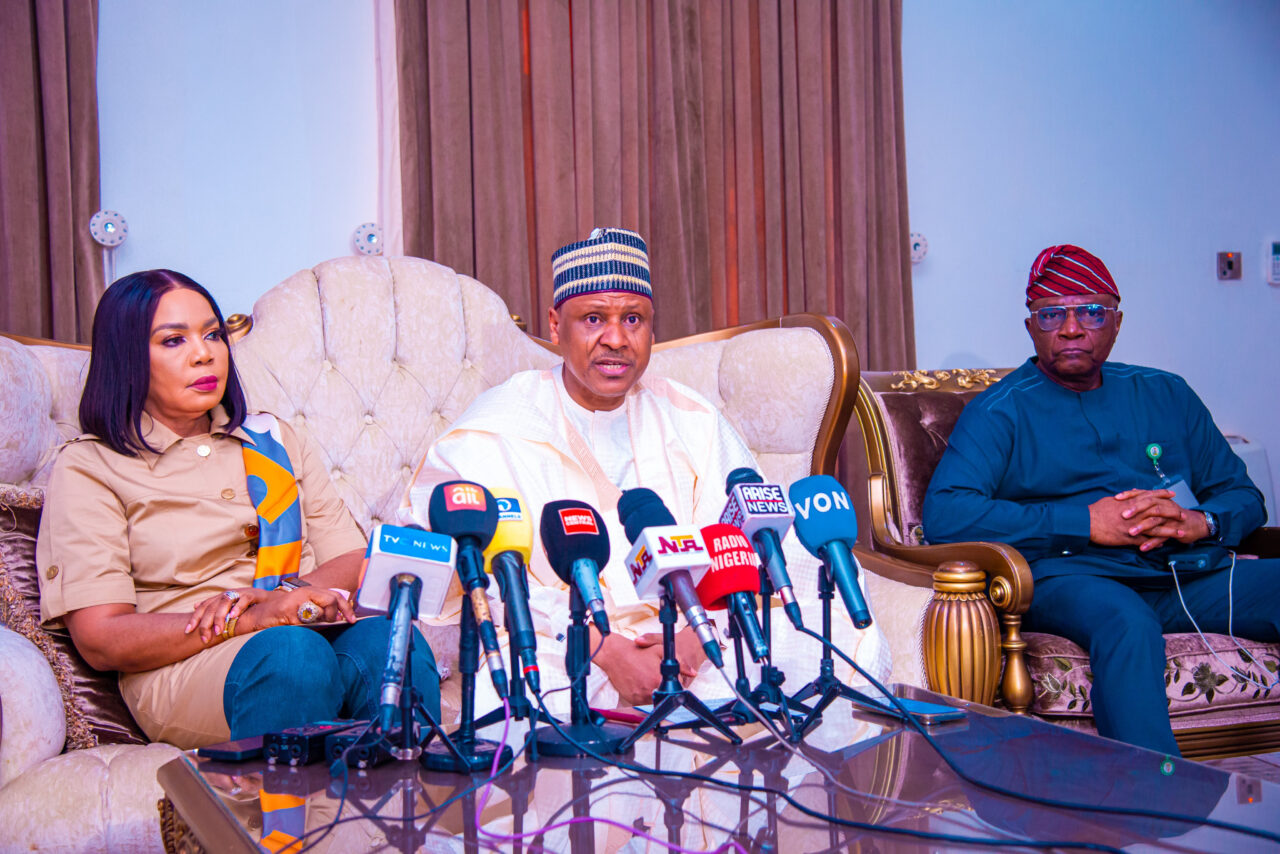…Governors say N60,000 minimum wage “cannot fly”
Nigeria’s national minimum wage debate continues with no clear resolution in sight. The Nigerian government and labour unions remain at odds over the appropriate level for a new national minimum wage.
Organised labour, represented by the Nigeria Labour Congress, NLC, and Trade Union Congress, TUC, initially proposed a significant increase to N615,000, citing inflation and severe economic hardship. They argue that this reflects the rising cost of living and economic hardship faced by many Nigerians.
The government countered with an initial offer of N48,000. After a series of negotiations, this was raised to N62,000 on Friday. The government cites concerns about the impact on businesses, particularly small and medium enterprises, of a large minimum wage hike.
Despite the government’s revised offer, a significant gap persists between the two sides. Labour considers N62,000 insufficient and is pushing for a figure closer to their initial demand. They have dropped their demand to N250,000.
The private sector appears to side with the government’s current proposal.
President Bola Tinubu has directed further analysis of the financial implications of a new minimum wage. Negotiations are expected to resume in the coming days.
The unresolved minimum wage issue creates uncertainty for Nigerian workers and businesses. The NLC and TUC embarked on a nationwide strike last week to pressure the government to give in to their demands.
Whether an agreement can be reached soon remains to be seen. Both sides face pressure to find a solution that balances the needs of workers with the sustainability of businesses.
Meanwhile, the Nigerian Governors Forum, NGF, a coalition of the elected governors of the 36 states of the federation, has cautioned against an unsustainable and unrealistic minimum wage agreement between labour and the government.
In a press release on Friday, the NGF said N60,000 is too much a minimum wage for many states to afford. “All things considered, the NGF holds that the N60,000 minimum wage proposal is not sustainable and can not fly. It will simply mean that many states will spend all their FAAC allocations on just paying salaries with nothing left for development purposes,” the statement read.
“In fact, a few states will end up borrowing to pay workers every month. We do not think this will be in the collective interest of the country, including workers.”
The NGF urges the federal government and the leadership of the labour unions to “look beyond just signing a document for the sake of it; any agreement to be signed should be sustainable and realistic.”
“We appeal that all parties involved, especially the labour unions, consider all the socioeconomic variables and settle for an agreement that is sustainable, durable, and fair to all other segments of the society who have a legitimate claim to public resources,” they added.
Latest posts by By Ezinwanne Onwuka (Senior Reporter) (see all)
- Super Eagles Tame Pharaohs to Clinch 9th AFCON Bronze - January 17, 2026
- Over 80 Militants Surrender Arms in Cross River Amnesty Programme - January 17, 2026
- LASUSTECH to Launch Bola Ahmed Tinubu Institute of Politics and Policies - January 17, 2026
previous
Atiku’s Aide Tackles Shettima, Says Tinubu Benefited From Ex-VP’s Goodwill
next

